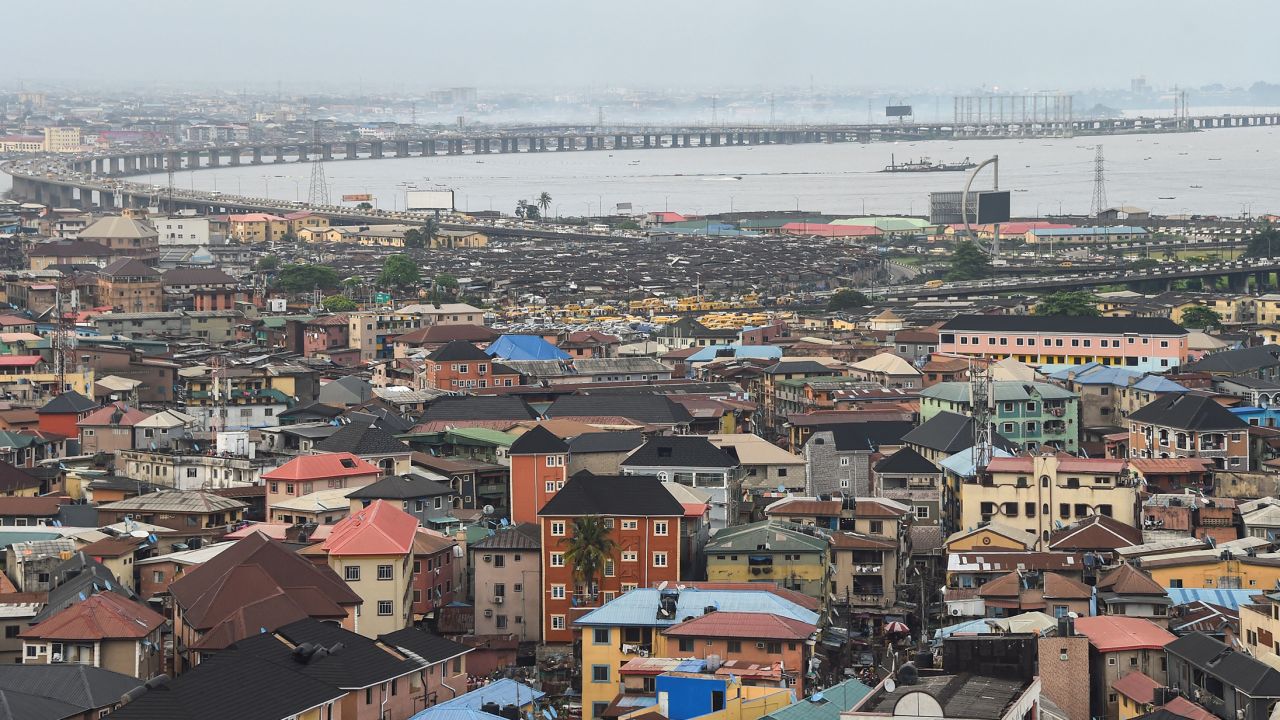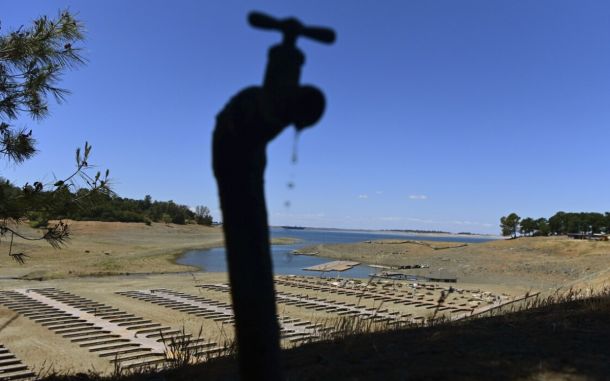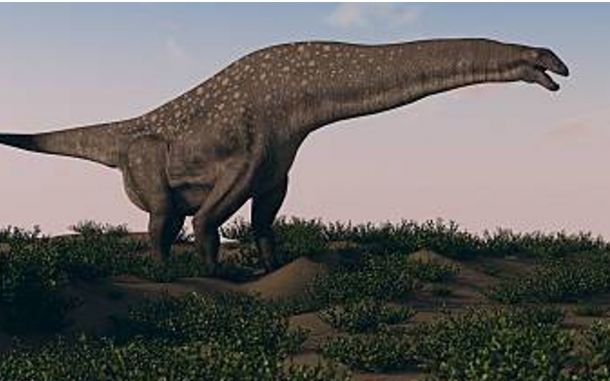Eight billion people live on the earth, and as it continues to increase

According to a United Nations prediction, the world’s population will hit 8 billion on Tuesday, marking a “milestone in human development” before birth rates begin to decline.
The UN claimed in a statement that the result indicated an increase of 1 billion people in the world’s population in just 12 years.
“This unprecedented growth is due to the gradual increase in human lifespan owing to improvements in public health, nutrition, personal hygiene and medicine. It is also the result of high and persistent levels of fertility in some countries,” the UN statement read.
Since 2011, middle-income countries, especially in Asia, have had the biggest increase, adding almost 700 million people. About 180 million more people have moved to India, which will soon overtake China as the world’s most populous country.
Demographers observe that despite the world population reaching record highs, the growth rate has continuously decreased to less than 1% annually. This should prevent 9 billion people from inhabiting the planet before 2037. According to UN predictions, the world’s population would reach a peak of 10.4 billion people in the 2080s and stay there until 2100.
According to the UN, sub-Saharan Africa will give birth to the majority of the 2.4 billion people who will be born before the world population peaks, moving away from China and India.
Impact on the environment

The UN release quoted UN Secretary General António Guterres as saying that the world population reaching 8 billion “is an occasion to celebrate variety and progress while considering humanity’s shared responsibility for the earth.”
Because humans and animals fight for resources like water, food, and space, having more people on Earth puts more strain on the environment. In the meantime, scientists predict that in the future decades, mass migration and conflict will likely be brought on by both high population increase and climate change.
Additionally, as the world’s population rises, there will be less of everything, be it food, water, batteries, or gasoline. But how much they consume is also crucial, indicating that authorities can have a significant impact by requiring a change in consumption habits.
According to a 2020 analysis by the Stockholm Environment Institute and nonprofit Oxfam International, the carbon emissions of the richest 1%, or around 63 million individuals, were more than twice as high as the emissions of the poorest half of humankind between 1990 and 2015.
Experts predict that resource pressure would be particularly difficult in African countries where population growth is anticipated. These are also some of the nations that need climate funding





Leave a Reply
You must be logged in to post a comment.